For the first time in nearly eight months, President Anura Kumara Dissanayake’s government has outpaced the opposition, seizing the political momentum with a renewed and aggressive push on its anti-corruption campaign.
The conviction and sentencing of former ministers Mahindananda Aluthgamage and Nalin Fernando have dramatically changed the tone of the national political conversation, shaking confidence in the opposition and giving the ruling coalition its most significant political victory since the parliamentary election in November 2024.
The impact has been immediate. Fear is rippling through political circles, especially among former ministers, bureaucrats, and party aides. For years, legal accountability has remained elusive in Sri Lankan politics. But with two high-profile convictions landing on the same hour, a message has been delivered — justice is no longer a distant threat, but a present reality.
Government ministers have not hidden their satisfaction. At public rallies and in Parliament, they have doubled down on the anti-corruption narrative, using these verdicts as evidence that the Dissanayake administration is serious about its promises. Among the loudest voices was Minister of Justice Harshana Nanayakkara, a political newcomer with a sharp tongue and an unapologetic style.
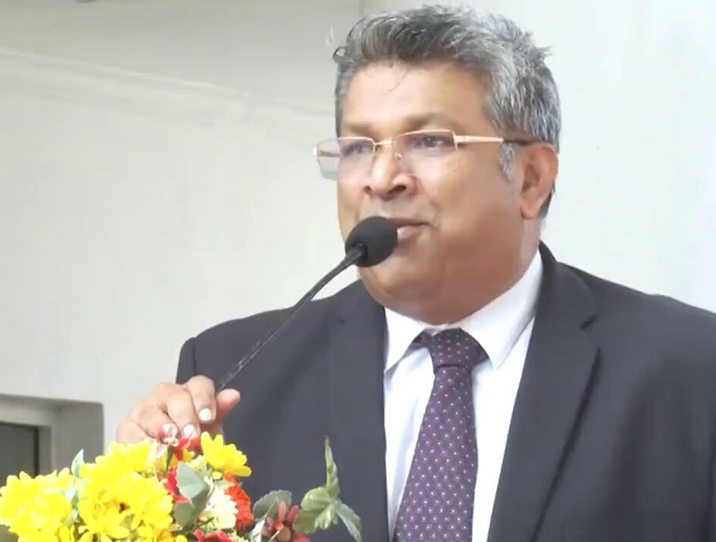
At a recent rally in Moratuwa, Nanayakkara’s speech raised eyebrows in legal and political circles alike. While the content remained largely within the anti-corruption framework, his rhetoric was described by critics as overly charged and confrontational. In Parliament, SLFP MP Chamara Sampath Dissanayake didn’t hold back. In a fiery statement, he warned Nanayakkara that one day he might find himself on the receiving end of a prison sentence.
The response was swift. Nanayakkara took the floor and accused unnamed parties of mischievously editing his Moratuwa speech to distort its intent and inflame tensions. It was a powerful moment — one that revealed both the intensity of the political environment and the high stakes involved.
Despite the verbal battles, President Dissanayake remains focused on using the anti-corruption drive as a central plank of his administration. It’s a high-risk, high-reward strategy. If successful, it could permanently shift public trust toward the JVP-led NPP government and mark a new era of political accountability. If mishandled, it could backfire — feeding accusations of political revenge or selective justice.
While the legal front brought good news for the administration, the economic reality remains complex and unforgiving. The government’s delegation to Washington, D.C., returned after discussions on the U.S. tariff war, but there’s been no official statement outlining the future direction. Businesses and exporters are still waiting for clarity. And more importantly, the public is waiting for results — not promises.
The economic pressures are being felt deeply on the ground. While macro-level indicators are showing some signs of stability, the public perception remains grim. Rising costs, job uncertainty, and the burden of living expenses continue to weigh heavily on households. The disconnect between official statistics and everyday realities was visible in the results of the recent local government elections, where the NPP experienced a sharp drop in support compared to the parliamentary vote just six months prior.
Looking ahead, the November national budget looms large. According to sources close to the President, Sri Lanka will remain committed to the IMF agreement, despite internal resistance and public unease over its austerity demands. It’s a bold stance, but one that could cost the government political capital if not carefully explained and executed.
Sticking with the IMF path means tough reforms — including restructuring state-owned enterprises, cutting subsidies, and implementing tax reforms. These moves, while necessary for long-term stability, are deeply unpopular in the short term. For a government still trying to translate political power into public trust, this will be one of its most challenging balancing acts.
Despite this, the government has found a critical opportunity in its renewed focus on justice. The convictions of Aluthgamage and Fernando have reignited public interest and support in rooting out corruption. For a country long accustomed to impunity, these are rare signs of the rule of law working — and they matter.
But justice alone won’t put food on the table or create jobs. That is where the next phase of the Dissanayake presidency must succeed. The anti-corruption victories need to be paired with economic results, or they risk being remembered as isolated wins in a larger field of broken expectations.
To win over the nation in the long run, the AKD administration must turn its judicial strength into economic strategy — by reassuring investors, supporting job creation, securing international partnerships, and rebuilding the trust of the working and middle classes.
This past week showed that the government can act decisively and set the political agenda. It proved that promises can become reality when there is will and commitment. But now comes the harder part — governing a nation that demands results not only in the courtroom, but at the kitchen table.
If President Dissanayake and his team can merge justice with prosperity, integrity with growth, they might yet build a foundation that survives political cycles and leaves a legacy of real change. But the clock is ticking — and Sri Lanka won’t wait forever.
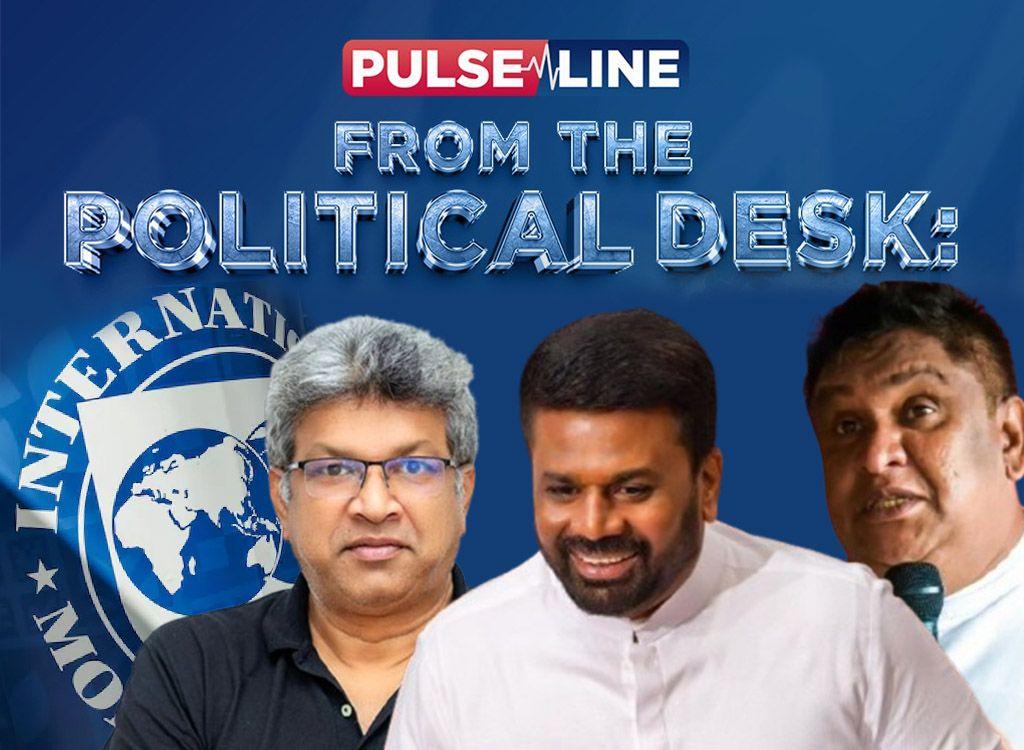
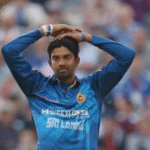
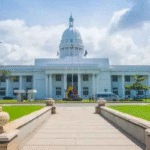
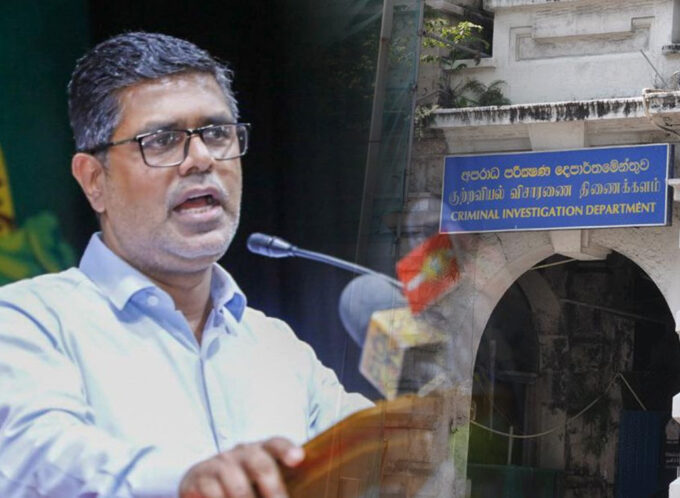
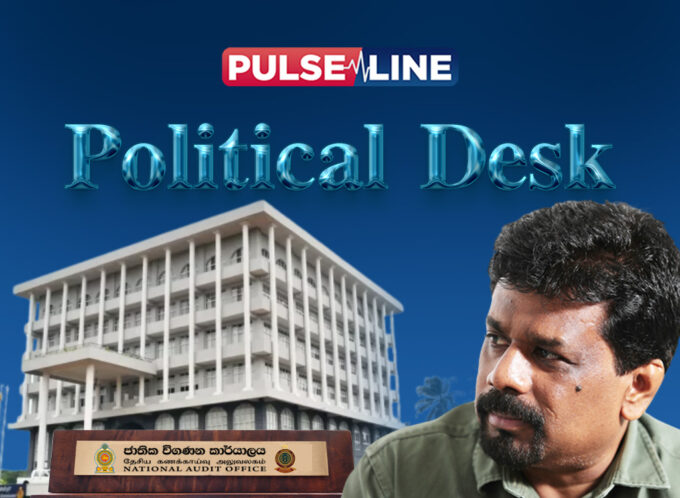
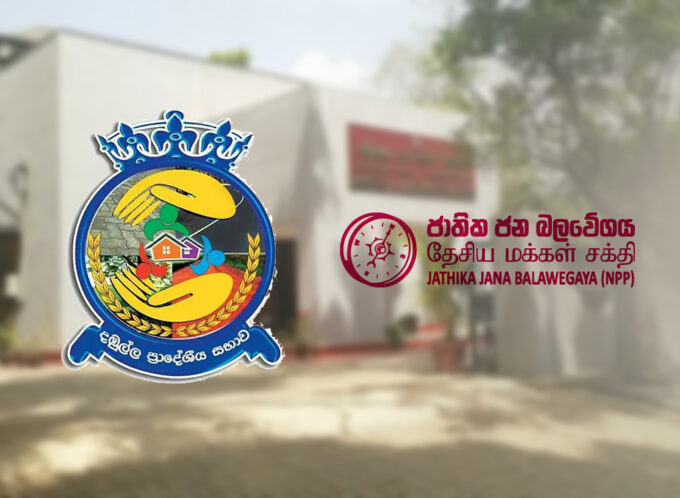
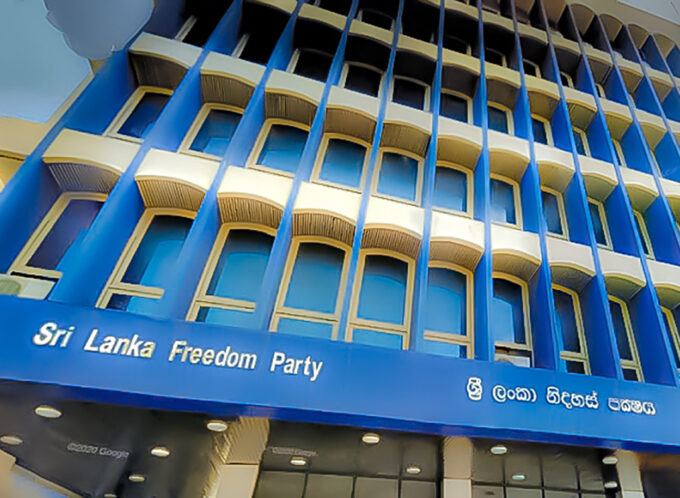

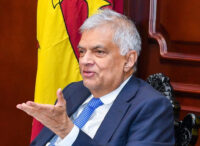
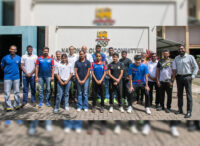

Leave a comment